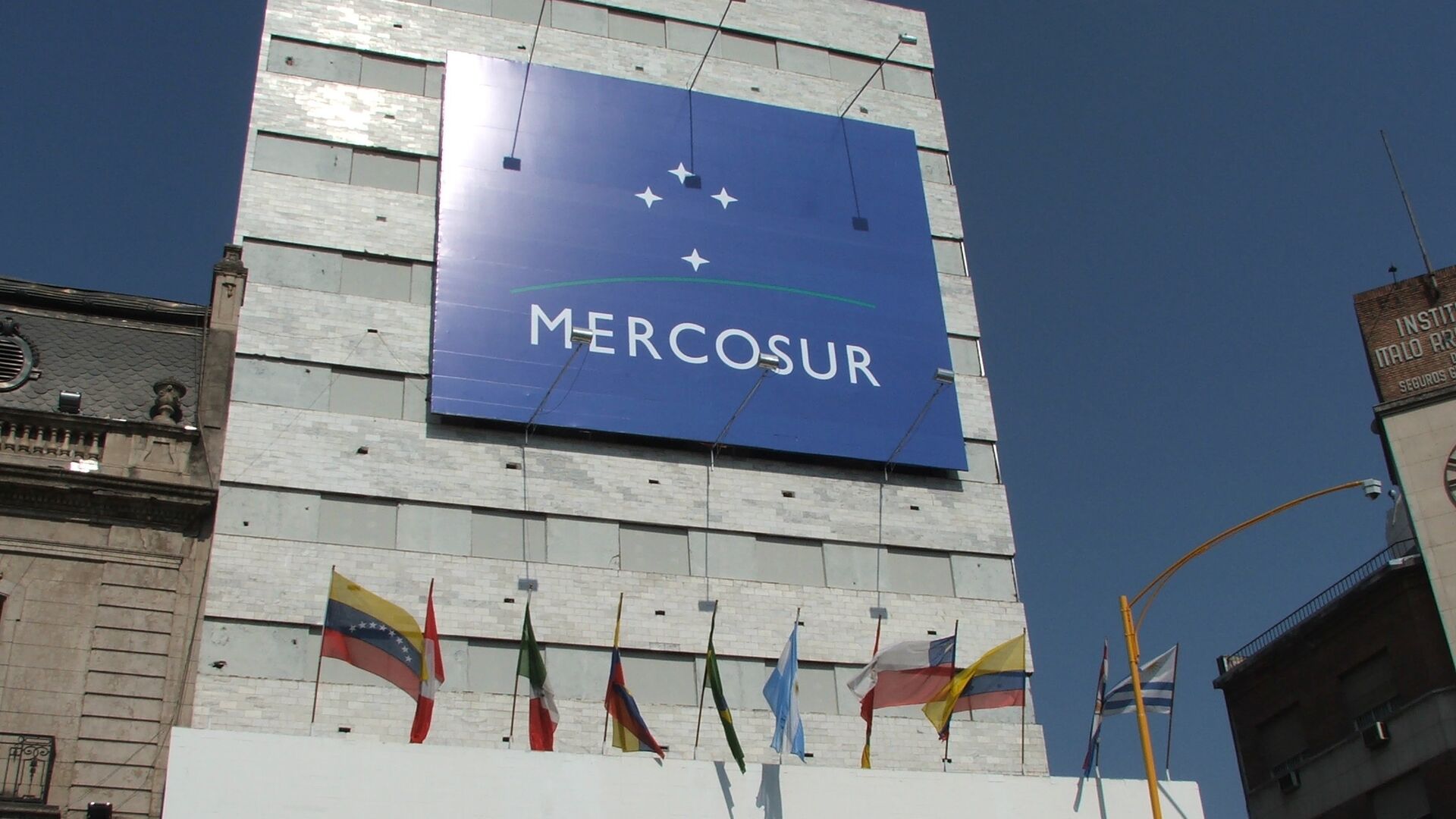The Brazilian government plans to submit a counter-proposal to the European Union (EU) concerning the stipulations required to bring the Mercosur-EU agreement into effect, according to a report by the G1 portal citing sources from the country’s Foreign Ministry.
Negotiations for the Mercosur-EU agreement started in 1999. In 2019, trade talks between the blocs were concluded, with political and cooperation aspects finalized the following year.
Since then, the agreement has been under review pending signatures.

The EU slowed down the agreement’s finalization due to environmental concerns related to the government of Brazilian President Jair Bolsonaro.
However, during the 2022 election campaign, then-candidate and now-President Luiz Inácio Lula da Silva pledged to finalize the negotiations.
Nonetheless, President Lula disagrees with the sanctions implemented by the Europeans for non-compliance with the obligations of the agreement, especially concerning agribusiness.
Hence, Brazil’s Foreign Ministry plans to present a counter-proposal later this month, stipulating that the obligations and potential sanctions should be mutual and applicable to both blocs.
The Brazilian delegation could potentially disclose the content of this counter-proposal during a meeting between Mercosur and the EU scheduled for June 29-30 in Buenos Aires.
Earlier this week, President Lula met with Ursula Von der Leyen, the President of the European Commission, and expressed his reservations in a statement.
He said that the relationships between countries should be based on “mutual trust, not distrust and sanctions.”
He also expressed concerns about legislation approved by the EU that could disrupt the agreement’s balance and potentially harm Brazil.
Despite these challenges, Von der Leyen emphasized her commitment to agree by the end of 2023, considering it the “time to cross the finish line.”

